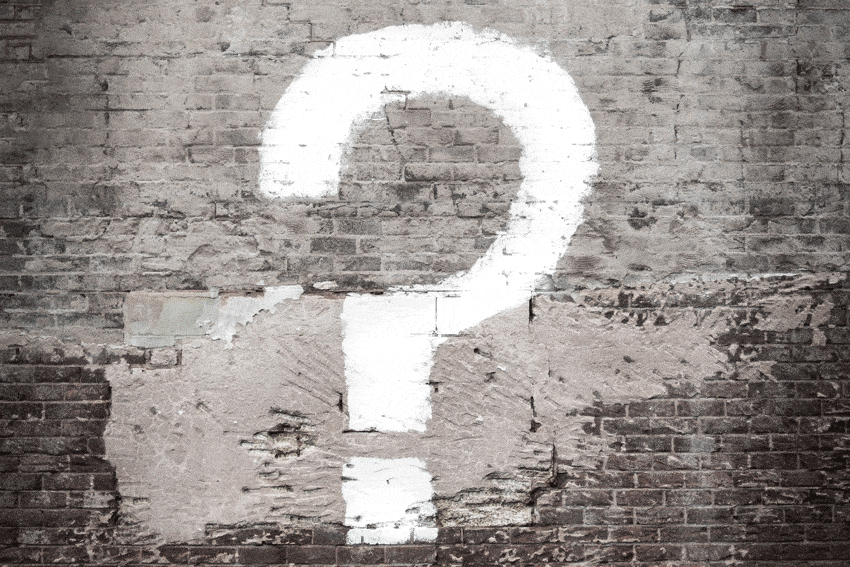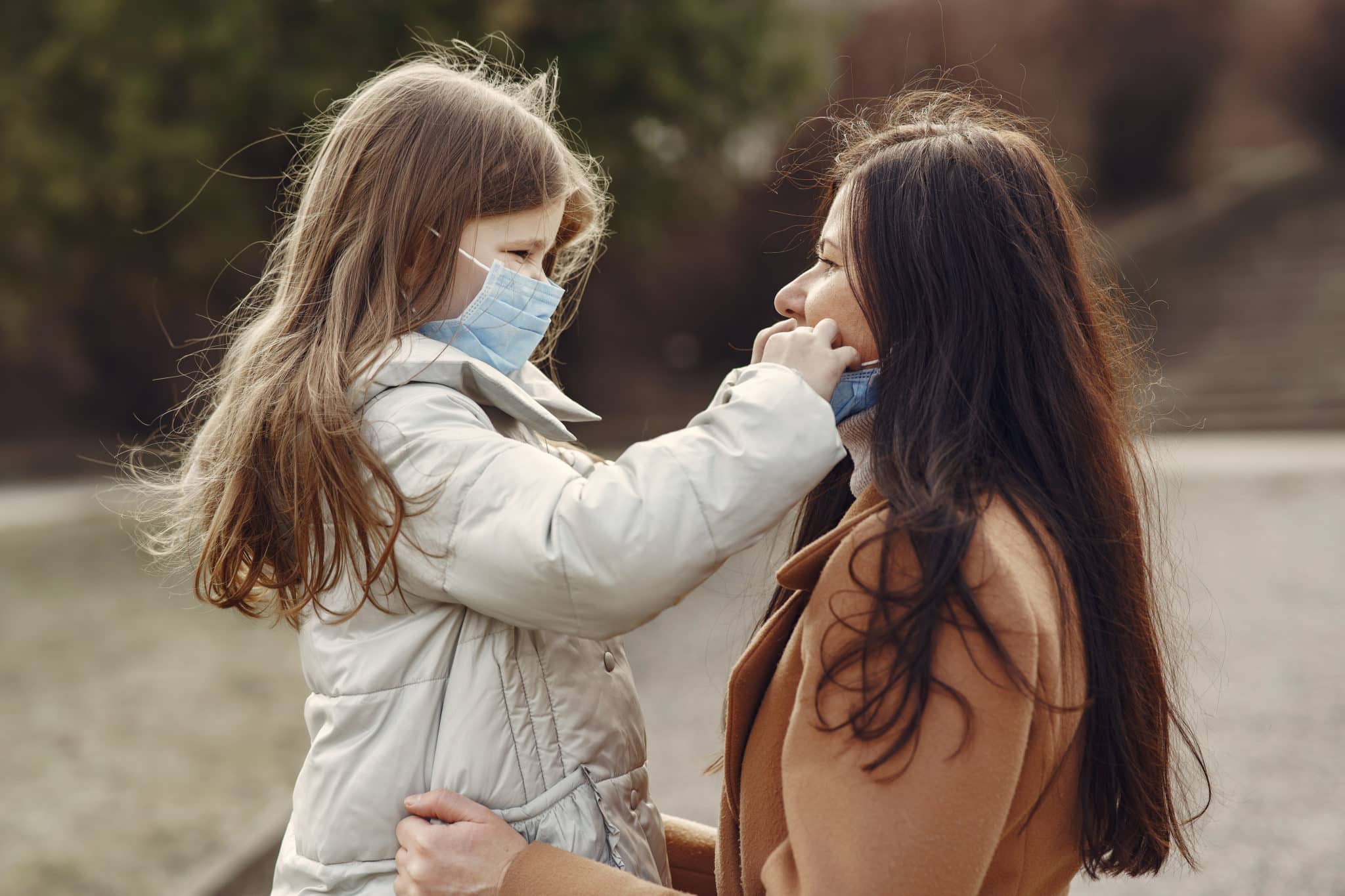
My friend Nora said, “If this past year wasn’t the year you learned to say ‘I don’t know’ and ‘the data isn’t clear yet’ and ‘I changed my mind’ then, friend, that year is never coming.”
Right?
Lest you think she said this because she’s trying to sow doubt and division, or make people think they shouldn’t listen to what the authorities are recommending to stay safe during Covid-tide, let me reassure you that Nora is a nurse, and she is the one who first got me to start taking the virus seriously.
What she saw in the earliest days of the pandemic was disturbing enough that she knew it was something new and terrible, something out of the ordinary. After I saw what she had to say then, I went out and started stocking up on shelf-stable foods and toilet paper, and more than once, I consulted her for what to do when we had an ambiguous situation with a possible covid exposure.
“…some things in life aren’t perfectly and instantly clear cut. It’s true for everything pertaining to covid, and it’s true for . . . well, just about everything”
The reason I asked her advice was not just because of her foresight and her expertise. It was because she has the humility to understand that dealing with something new means even the experts are learning as they go, and that means you won’t always have the final and best answer to every question, or at least you won’t always have a good answer that’s guaranteed never to change.
Changing your mind doesn’t mean you’ve done something wrong. It just means that some things in life aren’t perfectly and instantly clear cut. It’s true for everything pertaining to covid, and it’s true for . . . well, just about everything.
My husband and I have taken to adding, “Or, I don’t know. I don’t know anything” to the end of just about everything we say. It’s not a joke. It’s an admission of– not so much defeat, as the realisation that certain things just aren’t winnable. Are we taking a sensible approach for our family that should keep us reasonably safe without being unreasonably restrictive? I hope so, but I don’t really know.
Are we responding to the kids’ problems in the right way? I dunno. Is this the right move to make in our careers? Not sure. Should we send our kids to this school instead of that school? Does it make sense to spend money on this rather than on that? Is this shirt I’m wearing weird in some way? Who can say? I don’t know anything anymore. We definitely still need to try our best, but we have very few illusions that we’re therefore entitled to success.

It’s not a joke, but it’s not as despairing as it sounds, either. I think it may just be the kind of state of mind that most people arrive at sooner or later, unless they’re monstrously unself-aware. You do your research, you do your best, and sometimes it pays off as it should, but sometimes the vast imponderable variability of the universe comes crashing through the walls of the little house you built, and all you can do is give yourself time to catch your breath and then start rebuilding. It doesn’t mean you’ve done anything wrong. The universe just BE that way.
And most of the time, this “I don’t know anything” refrain is actually immensely freeing. Somewhere in the Talmud, it says, “Accustom your tongue to say, ‘I do not know,’ lest you become entangled in deceit.” A lot of the deceit that comes with pretending to be more sure than you really can be is self-deceit, and being terribly sure all the time just means you’ll have to scurry around adjusting and adapting everything else in your life so there’s enough evidence you’re right. And that’s exhausting. It’s much more relaxing to say “I don’t really know.”
“NOW I’M NOT EVEN CONVINCED I’M PRONOUNCING MY OWN NAME THE RIGHT WAY”
You do your homework, you make the best judgement you can, and then you just shrug and hope it works out. Little problems take little shrugs and big problems take big shrugs, but there will always be a shrug somewhere.
I used to be so sure about so many things. I was sure about the best way to educate children (homeschool), the best way to arrange a marriage (husband works, wife cares for kids and home), the best way to evangelise (shoot ’em all and let God sort ’em out).
Now I’m not even convinced I’m pronouncing my own name the right way. This is immensely bad for my writing and speaking career. When I could just helicopter in with the one true conclusion to draw from any possible situation, it was easy to churn out essays: Do this, not that! Think this, not that! Be this way, not that way! But there are only so many ways you can say, “You know, I’m not really sure.” Doesn’t mean I shouldn’t try my best to do what seems like the most reasonable thing. It just means I don’t know.
Is this humility? I don’t really know. I don’t know anything! I guess the only reason I wrote this essay is to tell you that, if you’re feeling this way, you’re definitely not alone . . . and it’s definitely not a bad thing. It probably shows you’ve been paying attention, and have learned something this year. In this life, that’s about the best we can ask.
